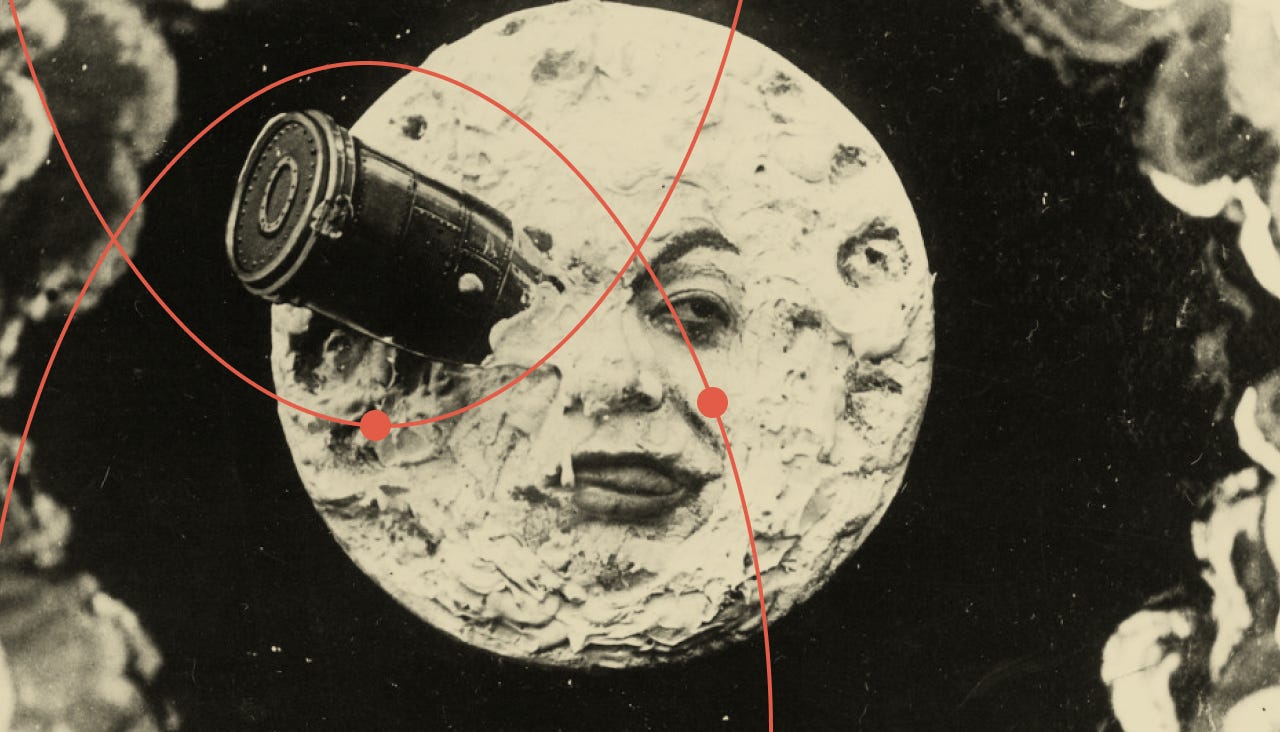We're All In This Together
Your job is NOT to follow blindly
I have a taciturn way about me — which, truthfully, is just me double-checking my thoughts so I don’t sound like an idiot. I loathe being seen as dense, so I quietly run through a dozen responses in my head before I speak. Some colleagues say I bring a sense of calm to an organization, but the reality is simpler: I’m trying not to look like a moron. My quiet contemplation often comes off as a stolid persona, but it’s really my way of thinking things through carefully.
In a startup, everyone’s on a ship to the moon. You’re stuck together, and you’ve got to reach your destination without the hull caving in. This means every team member must question approaches and strategies — constantly. Heavy scrutiny of ideas isn’t optional; it’s survival. You’re all in this together, so no one should be afraid to challenge the founder, each other, or themselves.
Sure, a founder’s idea might sound brilliant, but is it actually how users will interact with the product? That’s where I come in: my job is to whip up a prototype and test the theory. And if I’m punching holes in others’ ideas, I’d better welcome others doing the same to mine. A designer who isn’t willing to have their own assumptions challenged will fail their team.
But challenging doesn’t mean cowering or being apologetic. When confronted with a better idea, my job is to reassess, and if it holds up, to embrace it assertively and champion it alongside whoever suggested it. This mindset is the easiest way for design to get everyone on the same page — and move forward together.
Founders often have a superhuman ability to push through doubt and swing for the fences. That’s inspiring, but it comes with the willingness to try outlandish, unorthodox, sometimes downright wack-a-doo ideas. And here’s where I’ll get flack: as a product designer, your job is to show the founder exactly when their ideas are terrible. I don’t mean humiliating them in public, but you’d better back your objections with market research, user tests, and real evidence.
Your goal is to punch holes in ideas that won’t move the needle — and prevent your team from wasting time on features destined to flop. I can’t give you a formula for when a founder’s crazy idea will succeed; if I could, I’d be making gobs of money as a VC in the Bahamas. This is the part of the job where you trust your instincts, make the best choice you can, and learn from wherever the path takes you.
Just remember: you’re all stuck on the same spaceship. Question everything, trust your gut, and chart the course together.
Good luck.




I agree but it's too bad that moon unit feeling doesn't sustain itself post start-up as the team turns into departments.